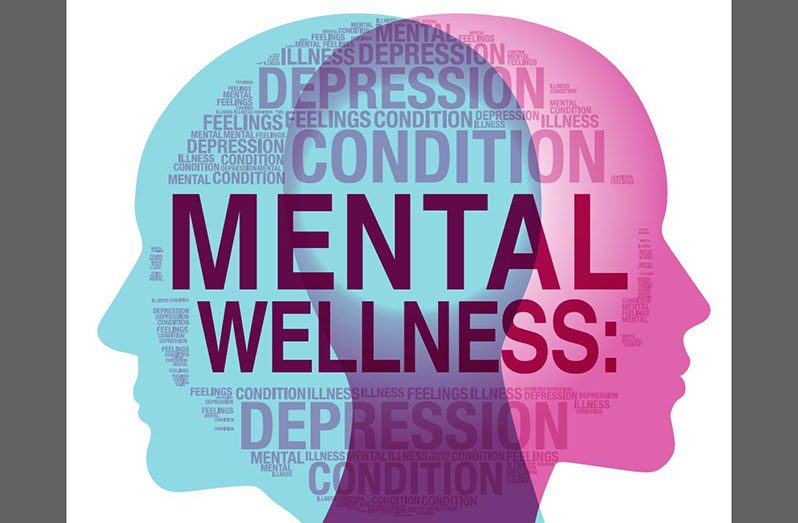By Vanessa Cort
THE stereotype has long been established of men as the strong, silent types – not talking too much, not inclined to ‘flights of fancy’, not given to ‘wearing their hearts on their sleeves’ and generally not emotionally demonstrative.
Although this ‘picture’ has been modified somewhat over the years, the notion still exists and boys are still taught that men must be physically and psychologically resilient. Men are the protectors and boys don’t cry.
So young men grow up with the idea that they should always keep, as the English say, ‘a stiff upper lip’, not displaying emotion that will cause them to be seen as ‘soft’ and not talking about their feelings.
This issue was discussed last Thursday at the International Men’s Day Forum, hosted by Sonia Noel Page, with one of the guests, DJ Avalanche, acknowledging the influence he has over young people and emphatically urging young men to let their feelings be known.
Two of my sons have also been ‘sounding boards’ for me on this topic, both bemoaning the fact that not enough attention is given to men’s mental health. They lay the blame firmly on a society still rooted in gender-specific roles.
Indeed, in this country mothers tend to place their sons in fixed ‘male’ roles while fathers watch out to ensure that their boys follow ‘masculine’ pursuits.
Both parents therefore help to feed the belief that ‘boys must be boys’ and this inevitably means that any display of what is seen as ‘feminine’ emotion is actively discouraged.
After years of keeping their feelings bottled up it then becomes very difficult for these boys, now grown men, to reveal any emotional difficulties they may be experiencing, particularly in a climate where health issues are still taboo.
As Leah Campbell, writing for Healthline reminds us “We’re ignoring the stigma surrounding mental health that stops many men from seeking help when they need it most – and it’s literally killing them.”
Healthline reported that men are dying in greater numbers than women from alcohol abuse and are ‘two to three times more likely to misuse drugs than women’.
However, while suicide, caused by depression and anxiety are ranked as a ‘leading cause of death among men, it was found that men were far less likely to seek mental health treatment than women.
And the statistics are alarming, as those at the forum noted, with a US study stating that men account for 3.5 times the number of suicides as women. A worldwide study has also revealed that “men everywhere find it difficult to ‘open up’ about mental health, though they are significantly more at risk of attempting suicide than women”.
Psychotherapist, Shane Tull, in a recent interview talked about men having “a safe space” to discuss their problems and I feel that, in the first instance, this should be the home, where parents need to create the kind of environment that encourages young men to talk about their emotional problems. This would certainly make it easier for them to do so as they grow older.
We need to dispel the myth that depression and other forms of mental illness are a sign of weakness, what a Michigan doctor referred to as “this macho thing”, preventing men from admitting their emotional distress.
The doctor declared that this kind of thinking is outdated and goes back to a time when there was limited understanding about the nature of mental illness.
However, while this may be true of the medical profession, it is clear that many men out there still consider mental health to be ‘something personal’ and remain reluctant to seek help.
As another doctor said: “Too many men think they are supposed to be strong and macho all the time — even when in pain. For many it would be unimaginable, intolerable for anyone to know they were battling anxiety, depression, or were bogged down by their emotions.”
Given all of this, it is patently obvious that we mothers, fathers and society at large need to encourage our menfolk to talk about their mental health issues and seek help.
For, as Medical News Today puts it, “mental illness among men is a public health concern that begs attention.”




.png)









